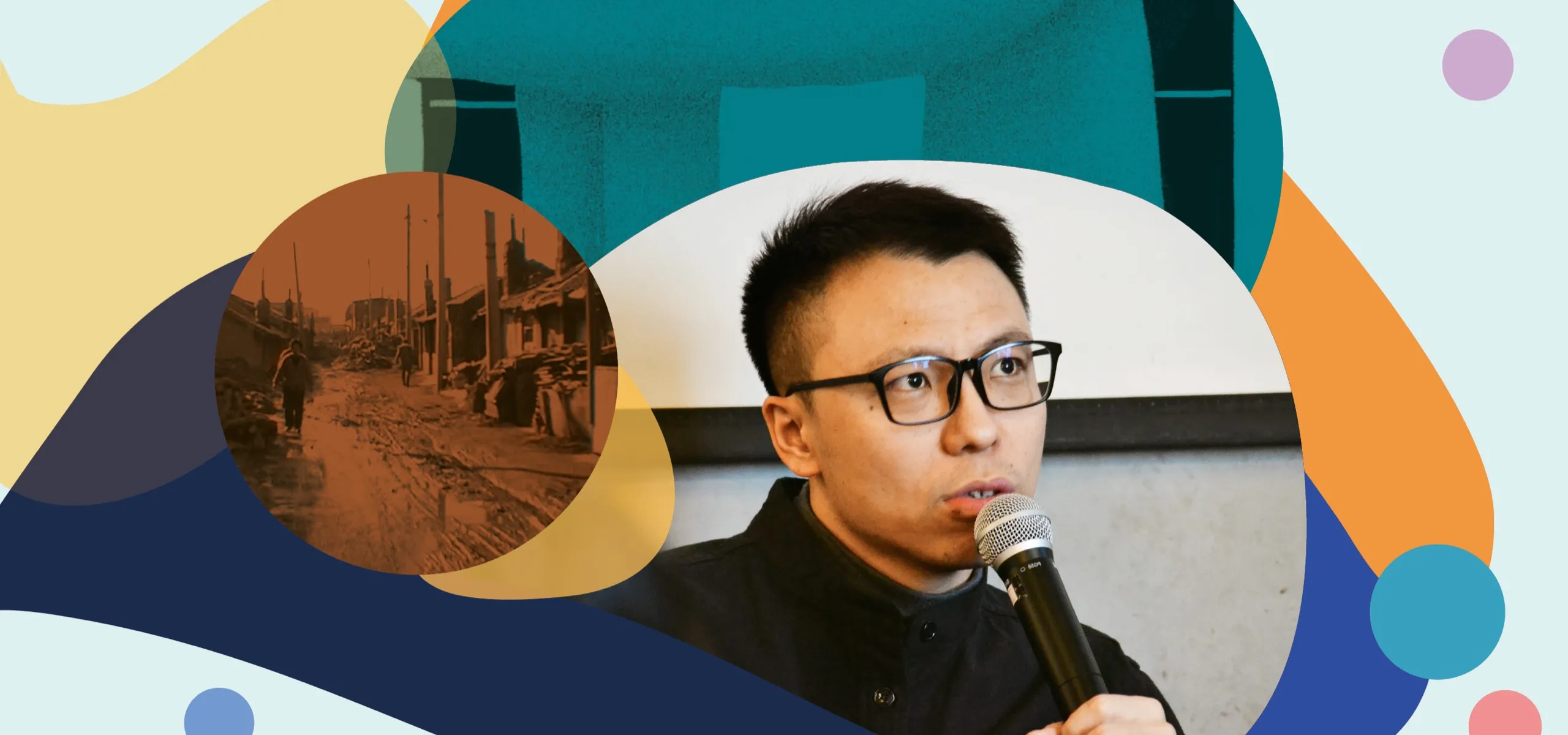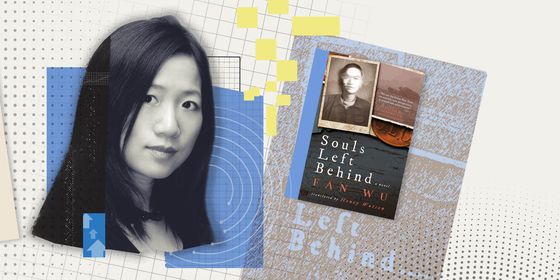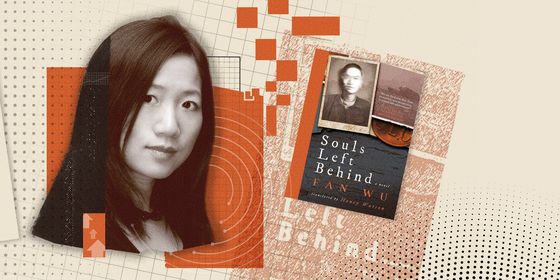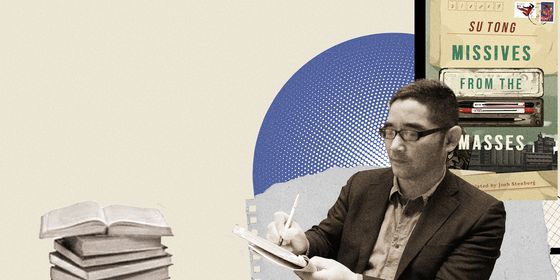A translation of Shuang Xuetao, one of China’s brightest millennial writers, finally brings one of the country’s new generation of authors to English-language readers
It sometimes feels as if literary fiction in translation from Chinese lags behind its source material by several decades. Among novels translated from Chinese last year, few writers under the age of 60 were represented. The writers that grew up in the 1960s and 1970s, like Yan Geling, Yan Lianke, Jia Pingwa, and Can Xue, are still producing excellent work—but the vitality of modern mainland literature comes from the writers inspired by them.
That is why Jeremy Tiang’s rendering of Shuang Xuetao’s Rouge Street is one of the most important translations of modern Chinese literature to come out in the past several years. It’s a rare chance for those overseas to read a younger author, still ascendant.
Born in 1983, Shuang is part of a generation of young writers that rarely makes it into English translation, at least at book-length. Despite beginning his writing career in 2011, Shuang has only had two short stories translated into English prior to this project, in online journals Pathlight and Asymptote. But he has been well celebrated among Chinese literary circles for years, most recently winning the Blancpain-Imaginist prize in 2020, a prestigious award for China’s finest young writers.
Shuang has emerged as one of the voices of a new wave of northeastern Chinese writers, a group that also includes Ban Yu and Zheng Zhi, whom Tiang is also currently working with. Neither of the other two has found his way into translation offline yet. Apart from the fact that they are criminally under-translated, these writers share an ability to combine bone-hard realism, dark humor, and narrative playfulness.
As a debut collection of short fiction by a single young writer, Rouge Street is something rare in Chinese literature in translation, which tends to focus on novels. Blame the internet, blame online publishing platforms like Douban, blame the continued vitality of Chinese literary journals—but the best young Chinese writers, unlike their older peers, are less likely to produce novels, rarely stretching beyond what could be called a zhongpian xiaoshuo (中篇小说, “mid-length novel” or novella). In this collection, Tiang has picked three novellas from different collections of Shuang’s short stories, each of them united by a shared setting. Accompanying them is a foreword by Madeleine Thien, providing context for the stories and their setting.
A talented writer being creatively curated is no guarantee, however, that it won’t turn into sludge in translation. Modern literary fiction from China tends to be rendered by academics for an academic audience. It is good to see that Shuang’s book has been assigned to Tiang, a legitimately gifted writer who approaches translation as creative work rather than a mechanical process. Tiang shows in Rouge Street the same creativity and mastery that he brought to his renderings of other mainland literary fiction, including Yan Ge’s Strange Beasts of China and Li Er’s Coloratura.
The Rouge Street Blues: A New Translation Breathes Life into China’s Rustbelt is a story from our issue, “Lessons For Life.” To read the entire issue, become a subscriber and receive the full magazine.













